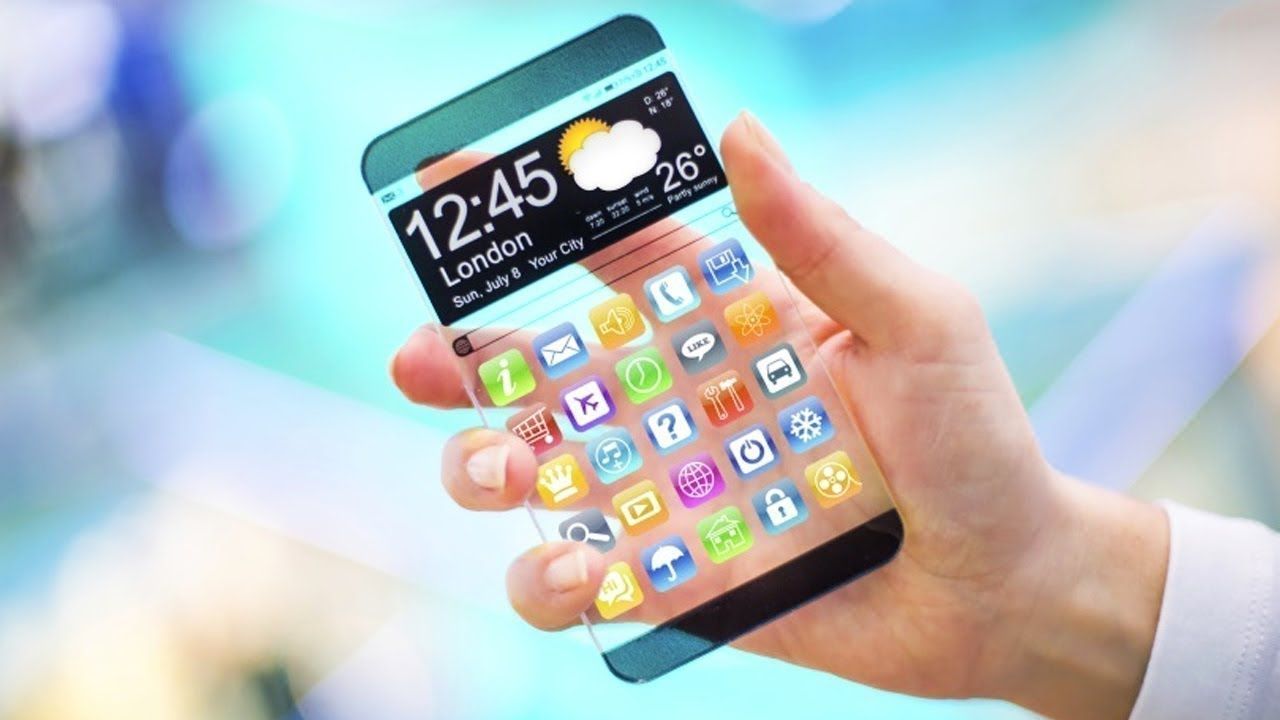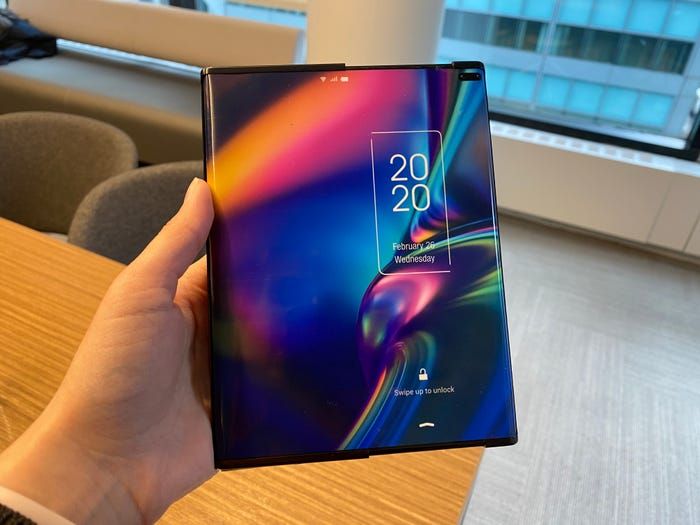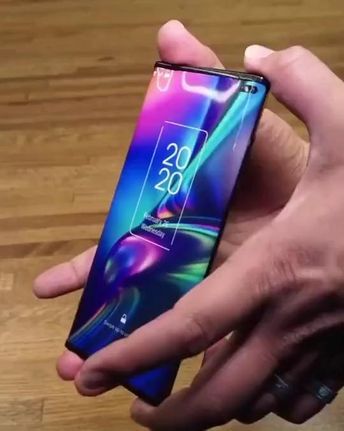Beyond the Smartphone: Next Innovations

Beyond the Smartphone: The Next Tech Leap
For over a decade, the smartphone has been the undisputed center of our digital universe. It has redefined how we communicate, work, shop, and entertain ourselves, becoming an indispensable extension of our lives. Yet, as the technology matures, a new era is dawning. The next wave of innovation is not about a single device but a seamless, interconnected network of technologies that will fundamentally change our relationship with the digital world. This is the future of human-computer interaction, a landscape where technology becomes less about a screen in our pocket and more about an integrated, intuitive, and omnipresent part of our reality. The question is no longer “what can my phone do?” but “how can technology disappear into the fabric of our lives?”
This shift is fueled by the maturation of several key technologies, from the convergence of artificial intelligence and the Internet of Things to the rise of more immersive and natural interfaces. These innovations promise to move us from a “pull” model, where we actively seek information on a device, to a “push” model, where the world around us intelligently adapts to our needs. The smartphone’s legacy is secure, but its reign as the primary portal to the digital world is on the cusp of an incredible transformation.
The New Frontiers of Interaction and Experience
The next big leaps in technology will be defined by their ability to move beyond the glass screen and integrate themselves into our daily lives in more intuitive ways.
A. The Rise of Ambient Computing
Ambient computing is the idea that technology should be everywhere and nowhere. It’s a vision where devices work together seamlessly and intelligently in the background, anticipating our needs without requiring us to interact with a specific device.
- Smart Environments: Our homes, offices, and even cities will become “smart.” Lights will adjust to our mood, thermostats will learn our preferences, and smart mirrors will provide health insights. This will be powered by a dense network of sensors and AI, creating environments that are responsive and personalized.
- The Internet of Things (IoT) Evolution: The IoT is moving from simple connections to a complex, interconnected ecosystem. Devices will not just send data to the cloud; they will be able to communicate with each other, creating a truly intelligent network that can automate and simplify our lives.
B. Augmented Reality (AR) and Mixed Reality (MR)
While Virtual Reality (VR) immerses us in a new world, AR and MR overlay digital information onto our physical world. This is a game-changer for how we work, learn, and play.
- Digital Overlays: Imagine looking at a landmark and seeing its historical information pop up in your field of vision, or getting real-time navigation directions projected onto the street in front of you. AR will make the digital world a part of our physical reality.
- Enhanced Productivity: In the workplace, AR will revolutionize collaboration. Architects can walk through a digital model of a building on-site, surgeons can see a patient’s vital signs overlaid on their body, and engineers can visualize complex schematics in real-world scale. This will break down the barriers between the digital and physical worlds.
C. The Human-AI Symbiosis
Artificial Intelligence is moving from being a tool to being a partner. The next generation of AI will not just perform tasks for us; it will learn from our behavior and work alongside us to enhance our creativity and problem-solving skills.
- Predictive Interfaces: AI will anticipate our needs before we even express them. For example, your smart home might prepare a relaxing atmosphere for you as you approach, or your car might suggest an alternate route based on your personal preferences, not just traffic data.
- Generative AI for Creativity: Tools that can generate art, music, and text will become more sophisticated. They will not replace human creativity but will act as a co-pilot, helping us explore new ideas and bring our visions to life faster than ever before.
D. New Forms of Wearable and Sensory Tech
The smartwatch was just the beginning. The next wave of wearables will be more subtle, more powerful, and more integrated with our senses.
- Smart Fabrics: Our clothes will become the next interface. Fabrics will be embedded with sensors that can monitor our health, track our movements, and even change their properties based on our environment.
- Brain-Computer Interfaces (BCI): While still in its early stages, BCI technology has the potential to be the ultimate interface. It would allow us to control devices with our thoughts, opening up a new world of possibilities for people with disabilities and for everyone else looking for a more direct connection to technology.
- Haptic and Olfactory Feedback: The future of technology will engage more than just our sight and hearing. Haptic feedback will allow us to “feel” digital objects, while olfactory technology will be able to generate scents, creating truly immersive and multi-sensory experiences.
The Societal Impact and Ethical Challenges
The rapid advancement of these technologies will bring about profound societal changes and raise complex ethical questions.
- Privacy and Data Security: With technology becoming more integrated into our lives, the amount of personal data being collected will skyrocket. Ensuring this data is secure and that our privacy is protected will be a major challenge.
- The Digital Divide: As these advanced technologies become more prevalent, there is a risk that they will only be accessible to a small portion of the population, widening the gap between the privileged and the underserved.
- Human-Technology Dependence: As technology becomes more intelligent and assistive, there is a concern that we may become overly reliant on it, losing some of our fundamental skills and cognitive abilities.
Conclusion
The smartphone era is not ending, but it is evolving into something far more expansive and integrated. The future of technology is not about a single device but about a connected, intelligent, and ambient ecosystem that will blend into the background of our lives. The next innovations will change how we interact with our world, work, and even think. Navigating this new frontier will require not just technological ingenuity but also a deep ethical and philosophical reflection on what kind of future we want to build.

